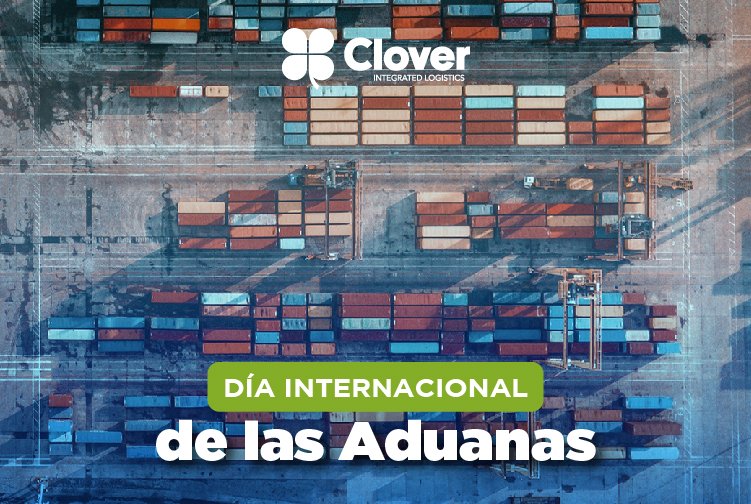International Customs Day and its endorsing bodies
The importance of customs for the functioning of world trade, for the control and supervision of goods entering and leaving a given country, in the fulfilment of the tax collection process, as well as in the migratory flow of people, is internationally recognised every 26 January (International Customs Day).
Looking back, in 1948, the member countries of the European Economic Cooperation Committee (Portugal, United Kingdom, France, Italy, Netherlands, Belgium, Luxembourg, Australia, Denmark, Norway, Greece, Sweden, Switzerland, Turkey, Ireland and Iceland) agreed to create an analysis and study group, with the aim of establishing a process of customs integration on the European continent, all of which was based on the principles of the General Agreement on Tariffs and Trade (GATT). With the passage of time, the World Customs Organisation (WCO) was created (1952), having previously been set up as the Customs Co-operation Council. An independent intergovernmental organisation, based on the unification of customs procedures and systems, and on the development of licit international trade. In essence, the aim was to establish statutes to sanction illegal activities that jeopardised the transparency of international trade.
Customs, understood as fiscal institutions, of a governmental nature and located at strategic points (coasts, borders, airports or railway terminals), carry out various missions. It is worthwhile to focus on the most significant ones:
1) Fiscal mission: Aimed at the process of collecting taxes and duties, tariffs applied to imports (compensatory quotas) and the entire process of taxing goods entering national territory.
2) Economic mission: Focused on the economic policy of nation-states and applicable to the way they conduct international trade. Import licences and permits are characteristic of this speciality and form part of the set of non-tariff restrictions and regulations.
3) Mission to simplify international trade: The aim is to achieve a balanced customs role, exercising full control over the flow of goods, without hindering or becoming a bottleneck for trade between countries. In this regard, priority should be given to the implementation of policies that streamline the crossing of goods at the border.
4) Surveillance and supervision mission: Focused on the need to prevent the entry of goods that could endanger the integrity of the country and its inhabitants (firearms, chemical weapons, psychotropic and narcotic drugs). Specifically, regulatory activities that promote the proper functioning of the flora and fauna, as well as the health of its inhabitants.
As for the modality of celebration of this important day, the slogan usually issued by the current secretary of the World Customs Organisation (WCO) stands out. A relevant theme is chosen in order to draw the attention of customs officials and to contribute to the enhancement of fundamental tasks: the fluidity and speed of cross-border movement, the role played in global sustainability, the use of technology and its maximisation, the speed in the deployment of logistics necessary for the functioning of international trade and, more recently, the joining of strategic efforts to face the global pandemic crisis.
In the framework of the celebration of such an important day, Clover International joins with gratitude and honesty, ratifying its role and performance in customs matters. Areas related to the import and export of goods, the management of the customs regime, the solution of difficulties and discrepancies that arise in the contingency of the process of procedures, the exercise of consultancies, the validity of tariffs or taxes and the management or operations through the special customs regimes, which enable a greater organisation of the goods, demonstrate the experience of its staff as far as customs knowledge is concerned. Happy International Customs Day!

